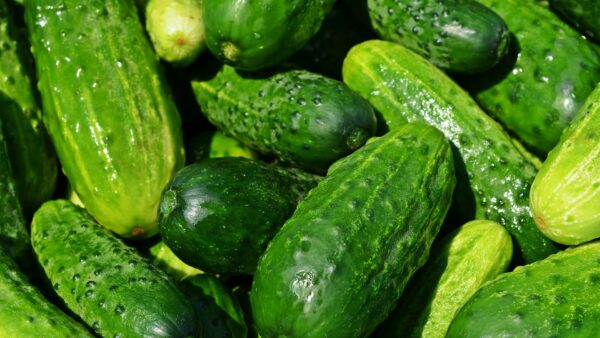The Scientific Group of the UN Food Systems Summit published a report “Boost Nature Positive Production” that provides a high-level overview of evidence in favour of nature-positive food systems, discussing opportunities and challenges associated with sustainable, efficient agricultural production with a view to concrete policy suggestions. The report acknowledges that gene editing plays a crucial role for contributing to agrobiodiversity.
The transition to nature-positive food systems is slowed or made impossible by numerous agronomic, economic and social challenges, which are compounded by deficits in knowledge systems.
- Agronomic challenges include yield reductions related with nature-positive production
- Economic challenges include higher labour demand, higher transactions costs, failed valorisation of sustainability throughout the value chain
- Political challenges include policy incoherence
- Deficits along the agricultural knowledge systems include weak knowledge and advisory systems.
Maintaining and increasing biodiversity in agricultural settings is key to fostering and expanding nature-positive food systems, and can yield additional benefits for consumers. For example, local cultivars that are often more nutritious than common staples and better adapted to local climate and soil conditions (Leclère et al. 2020). Subjecting these to conventional and molecular breeding programs, including gene editing, capitalises on their inherent advantages, improving productivity and/or tolerance to adverse biotic or abiotic conditions. In the context of projected climate change, these methods may be critical for maintaining beneficial agrobiodiversity in the face of new environmental pressures. This underlines the need for advanced knowledge in plant genetic diversity, microbial diversity and interactions, taking into account local climate variability, soils, nutrients, water and contextual environmental impacts.
Today’s food systems are “net nature-negative”. They can, and must, become “nature-positive.” Food systems across the world are driving habitat and biodiversity loss, land and water degradation, and greenhouse gas emissions. These phenomena, in turn, undermine the productivity, sustainability and resilience of food systems. This vicious circle can be broken if we take several fundamental steps to realign our food, feed and fiber production to achieve nature-positive agricultural production at scale.
This realignment builds on innovations at landscape-level, including soil and water management, land use planning, biodiversity conservation, principles of agroecology and circular economy approaches, new science and technologies in molecular biology and plant breeding, alternative protein sources, and digital tools for the management of agriculture, and land and natural resources.
The Scientific Group Papers for the UN Food Systems Summit are shared with the aim of providing information and facilitating discussion for transparent and evidence-based Summit preparations. The full paper can be accessed below. Authors‘ affiliations are listed there as well.
Source: Euroseeds













